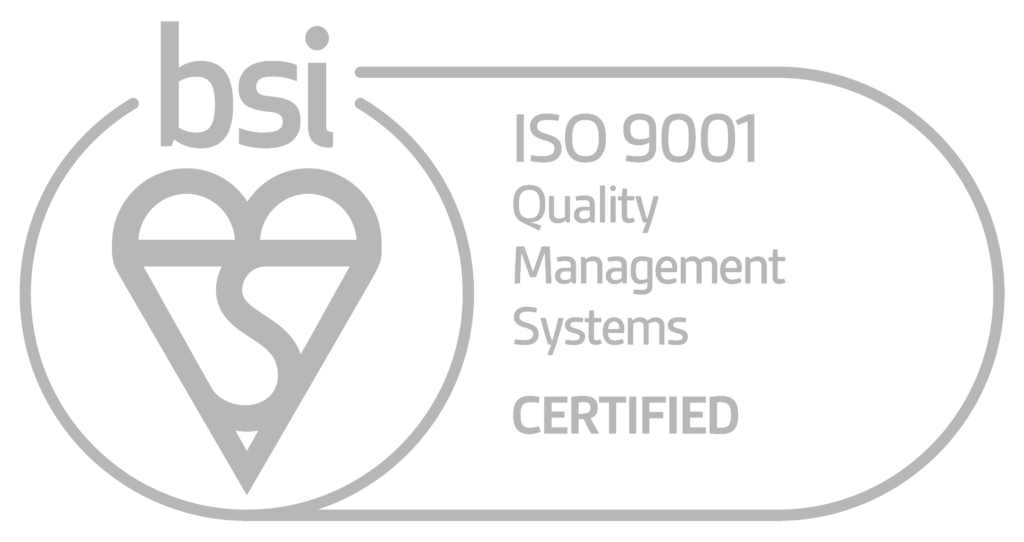Sworn translation may be a concept that you often hear, but do not really know the meaning of. Sworn translation, which is among the high-quality services that Mirora offers to its clients, means translations signed and sealed by a sworn translator. Such documents are often requested by government departments, universities, notaries, banks, consulates and marriage bureaus. People who have a bachelor’s degree, or those who can provide enough documentation to prove to the relevant notary public that they have sufficient foreign language skills to translate, are entitled to act as sworn translators after taking an oath before a notary public.
More clearly, a sworn translator is a person authorized by a notary public to translate the required documents. Sworn translators who sign the translated text assume responsibility for the translation. It may be necessary to clarify the sworn translation, which is much preferred and required by corporate firms and government departments.
Characteristics of Sworn Translation
- For a translation to have the features of a sworn translation, the original document must be translated by a notary certified translator. The title of sworn translator is only provided by notary publics.
- Printouts of the translated document including the original document are signed and sealed by the translator. Even if translated by a sworn translator, documents that do not bear a signature and stamp are not recognized as sworn translations.
- In the sworn translation, details such as wet signature, name and surname of the translator, target language of the text, source language information and date should be included.
- A sworn translation is regarded as having formal status. A sworn translation of official documents may be requested by public institutions.
- Sworn translations may be requested for documents such as passports, birth certificates, diploma equivalency certificates, court minutes and immigration documents.
Differences between Sworn Translation and Regular Translation
Sworn translation carries the signature and seal of the translator. In a sense, it guarantees that the sworn translator is responsible for the translation. It may be accepted by some private or public institutions. This is because a translator who has received a certificate of oath has been certified by a notary public to act in accordance with professional ethical rules and to be competent in the language. Normal translations, on the other hand, do not bear any signature or seal. They may not be accepted as valid in official institutions. Very important documents are translated by experts who are specialized in their field and have a good command of the language. Considering all these conditions, it can be said that a sworn translation carries a much greater responsibility. The sworn translator has to take responsibility for translation mistakes that may be made in important documents.
If you would like to have information on sworn translation from Mirora, which has been offering the best quality service to its clients since August 1997 with its standardized project processes, you may contact us through various communication channels.










